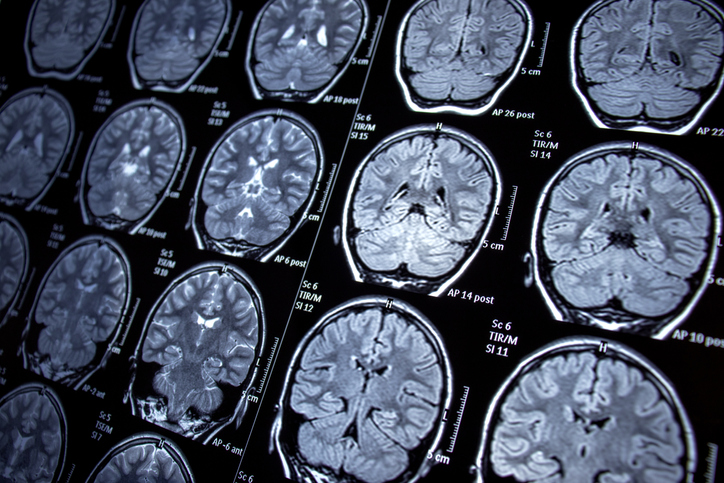Tag: Medicine
-

Drug Extends Survival in Prostate Cancer with Genetic Mutations
Men with hormone-resistant prostate cancer and specific genetic mutations who were treated with the drug olaparib survived longer than men treated with traditional hormone therapy, according to a post hoc analysis published in the Journal of Clinical Oncology.
-

Understanding Healthcare Worker Collaboration and Patient Outcomes
Some interventions designed to improve healthcare worker collaboration may not improve patient outcomes, according to a recent trial published in the Annals of Internal Medicine.
-

Novel Approaches for Correcting Gene Expression Insufficiency
A new molecular technology capable of binding to mRNA and regulating gene expression may offer a new avenue for treating diseases caused by insufficient protein levels, according to a study published in Nature Communications.
-

Pioneering Automated Proteoform Imaging
Investigators led by Neil Kelleher, PhD, have developed an automated technique for imaging proteoforms in ovarian cancer, according to results published in Nature Communications.
-

Study Finds Antidiabetic Drug Effective for Weight-Loss
Tirzepatide, an antidiabetic drug, was found to be effective in helping individuals who are overweight or have obesity and without diabetes lose weight in combination with other lifestyle changes, according to a recent clinical trial published in Nature Medicine.
-

Improving Nanotherapeutic Vaccine Delivery
Northwestern Medicine scientists have developed a more effective way of creating nanotherapeutic vaccines and medicines, according to a study published in ACS Nano.
-

Developing New Approaches for Spinal Cord Injury
Northwestern Medicine scientists have developed a molecular “scaffold” capable of enhancing electrical activity and growth in neurons, which may prove useful in treating spinal cord injuries, per results published in ACS Nano.
-

Combining Immunotherapy and Radiation in Soft Tissue Sarcoma
Combining immunotherapy with radiation may be a promising treatment option for patients with advanced soft tissue sarcoma, according to the results of a Northwestern Medicine clinical trial published in JAMA Oncology.
-

Investigating the Role of DNA Damage in Cardiac Hypertrophy
A novel cellular pathway regulates DNA damage and structural changes in cardiomyocytes which contributes to the development of cardiac hypertrophy according to a Northwestern Medicine study published in Circulation.
-

Weight Loss Drug May Help Patients with Heart Failure
The antidiabetic and weight loss drug semaglutide, sold under the brand names Ozempic and Wegovy, can also help patients with heart failure and obesity lose weight while also improving symptoms and increasing exercise capacity, according to a clinical trial published in the New England Journal of Medicine.






